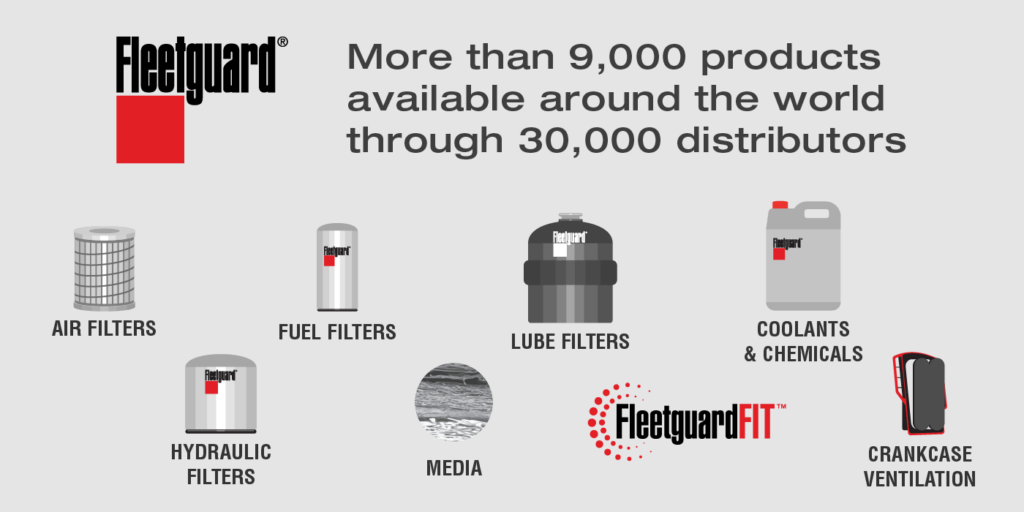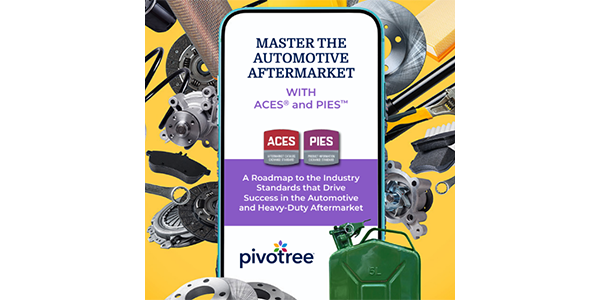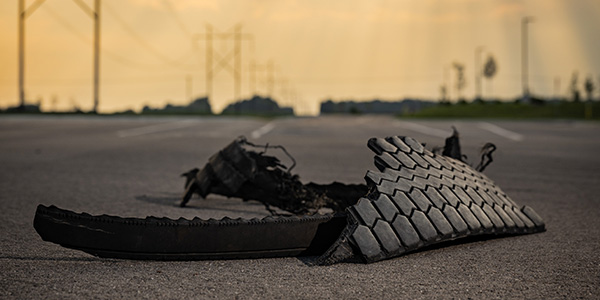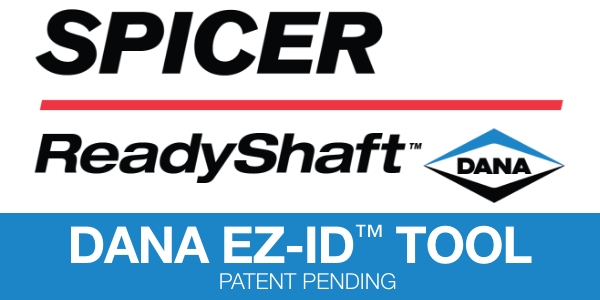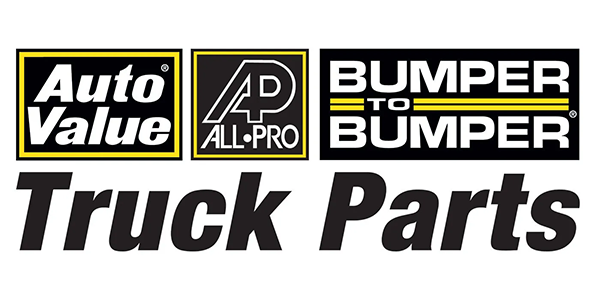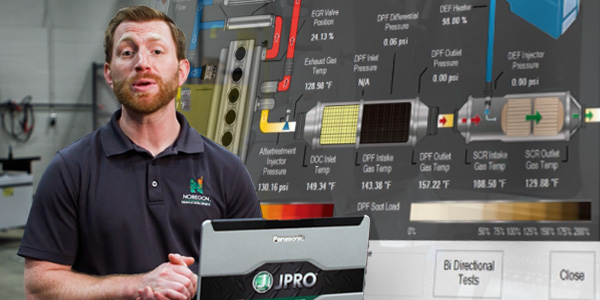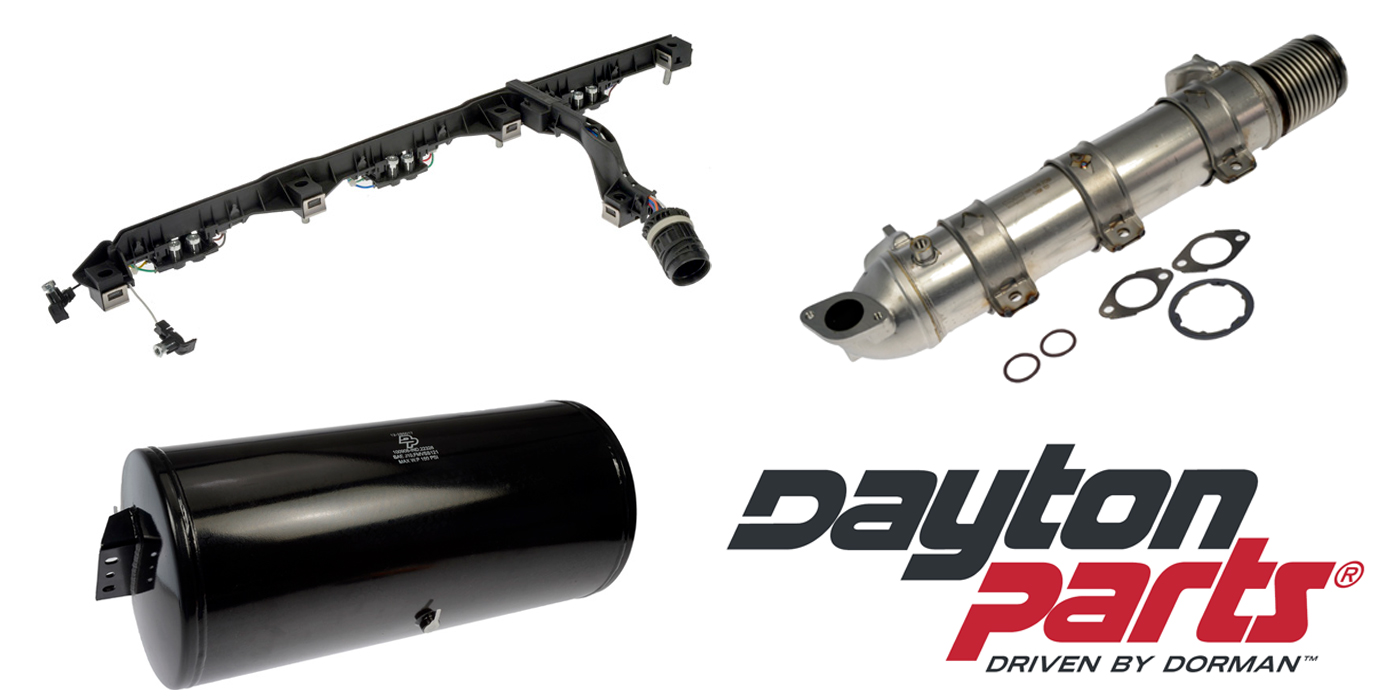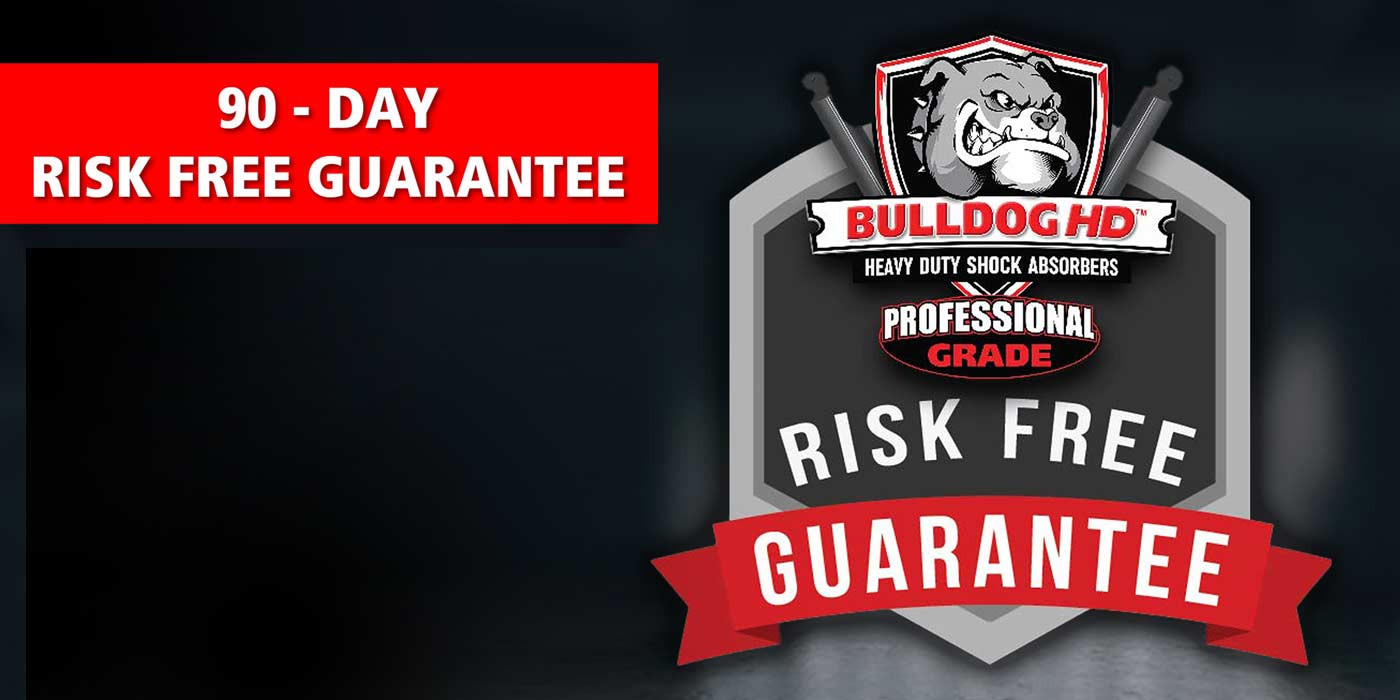When you hear the term “all-makes” product, what comes to mind? As a cautious fleet manager you likely need to affirm that the product doesn’t just work with all makes and models, but works with them well. You don’t only want the bare minimum requirements to be met; you need to be given a reason to choose an all-makes aftermarket brand over its OEM equivalents.
Consider the variety of on-highway all-makes filtration options from Fleetguard, which cover the latest engines from Cummins, Detroit, Hino, International, PACCAR and Volvo.
According to Tim Hansen, Leader of National Accounts with Fleetguard, the filter maker looks at three key factors to make sure their products are suitable for the aftermarket: proper fit; the structural performance of the filter; and the media performance.
“You want to make sure that it’s the right fit—the appropriate nut plate to go with the head and complete the seal—and has the right length and size to fit in the application,” he says. “There needs to be the right amount of space within the engine.”
For structural performance, he says, the company makes sure it is going to be able to meet vibration needs, burst needs and everything else needed to perform well in its particular application.
Hansen calls media performance “the guts” of the filter.
“We have to determine: Does it need a paper media? Does it need a synthetic media? Does it need our NanoNet® media? That media performance would take into account the efficiency needs. So how efficient does that product have to be? What micron does it have to filter down to?
“Then we look at capacity,” he continued.“How long of a service interval are we trying to meet? It needs to be able to hold so many contaminants for that period of time. Then, we look at whether it needs to have water separation capabilities for a fuel filter or cold flow ability for a lube filter.”
Hansen adds that what sets Fleetguard’s products apart is the testing process, as Fleetguard filters are tested either in a lab test environment or in real-world environments with customers.
“We have strong relationships with our customers, who will partner with us to allow us to do the field trials in a real-world environment so that the filter is actually doing its job. We get data back from it before we launch it in full production in the field.”
So, what are the advantages of an all-makes filter for fleets?
“Fleets are looking for a low-cost option, but one that’s going to maintain and protect their equipment, like an OEM product,” Hansen answers. “Our goal at Fleetguard is to ensure we meet those needs. The benefit of the all-makes product is that it does meet or exceed the OEM performance and quality. Fleets are getting that protection for their product just like the OEM designed it, but it’s all under one brand.”
Hansen lists a few other advantages, including standardized prices, the fact that customers get a non-prorated warranty, and that the filters are very accessible throughout North America.
“We’re meeting or exceeding the OEM performance and quality before we launch a product in the marketplace,” he said. “You’re getting that high quality product each time you purchase. If there are any issues that occur based on a filtration product you know you’ve got a Fleetguard rep to go back to.”
The final point in the favor of Fleetguard’s all-makes filters is that all-important one: money.
“Typically, we’ve found that fleets save double digits, percentage wise, over an OEM product when they go to an all-makes Fleetguard brand,” Hansen says. “They’re going to save a significant amount of money in converting over to our products.”
This article was sponsored by Fleetguard. For a full list of makes and models covered by Fleetguard’s filter products, plus additional product details, visit catalog.cumminsfiltration.com.

